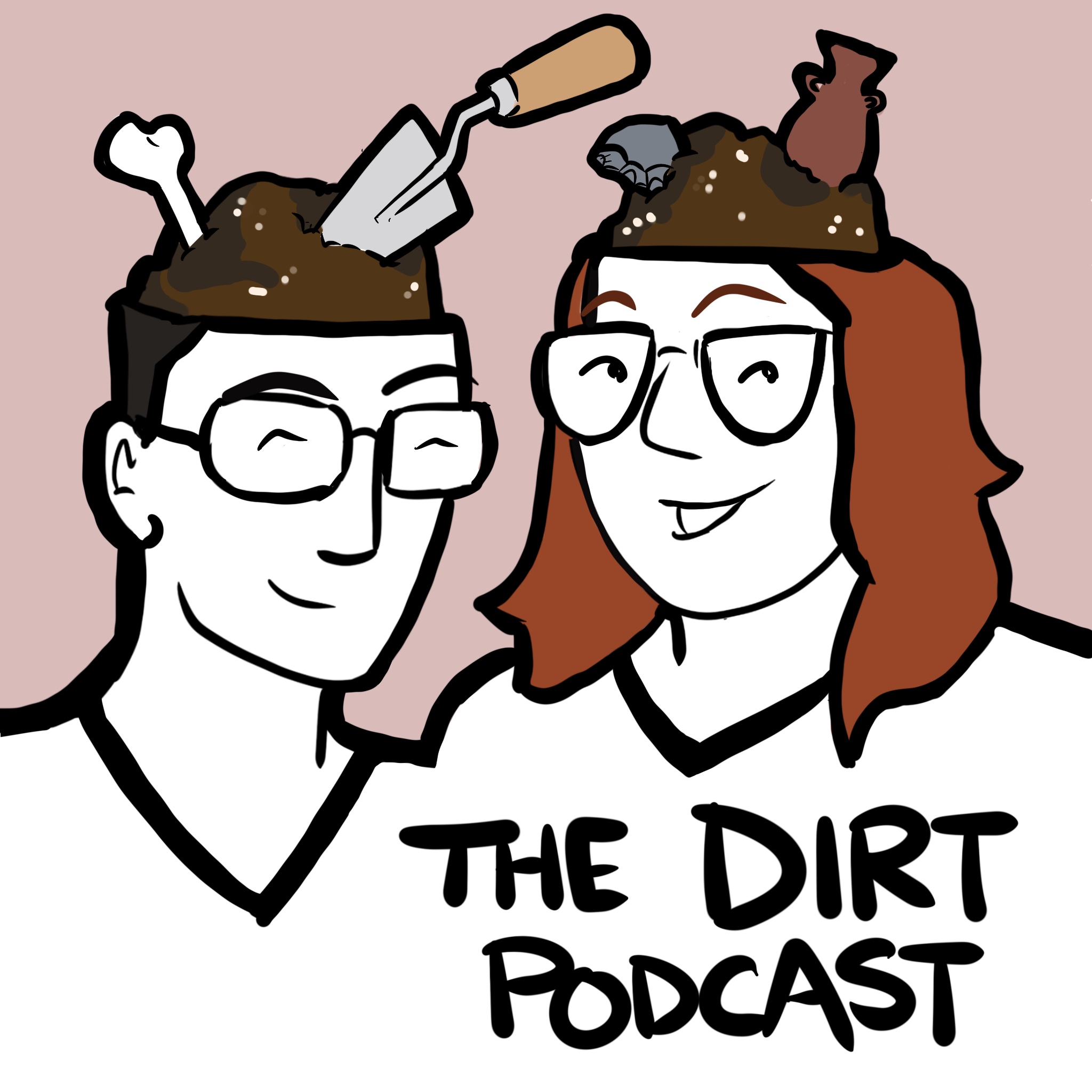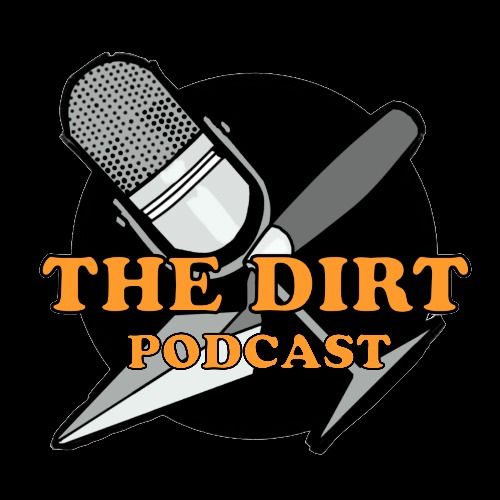bonus
Hiatus Bonus: It's Jennauary!
The Dirt Podcast is proud to present our producer, Jenna Hendrick! We sit down for a chat about her educational trajectory, her research, and a hall of fame/hall of shame of representations of the Paleolithic in popular media!
An excerpt of this episode will drop in the main feed on Monday, but we hope you enjoy, friends! Dirts After Dark are coming soon, because I, Amber, am so so so so relieved and grateful to share that my Anna is making a full recovery.
Mentioned in this episode:
What This Awl Means: Feminist Archaeology at a Wahpeton Dakota Village (via WorldCat)
Also check out Jenna's cuuuuute Etsy shop, Hominin Clay! She did not ask us to post this, it's just very cute.
Anna's picks:
Jenna's picks:
Clan of the Cave Bear (via WorldCat)
Sapiens: A Brief History of Humankind (via duder's website)
Amber's picks:
The Last Neaderthal (via WorldCat)
Work like "The Link Between Neanderthal DNA and Depression Risk" (via The Atlantic)
Her high school anthropology class, watching Iceman - "Iceman, Frozen Neanderthal" (via The New York Times)

